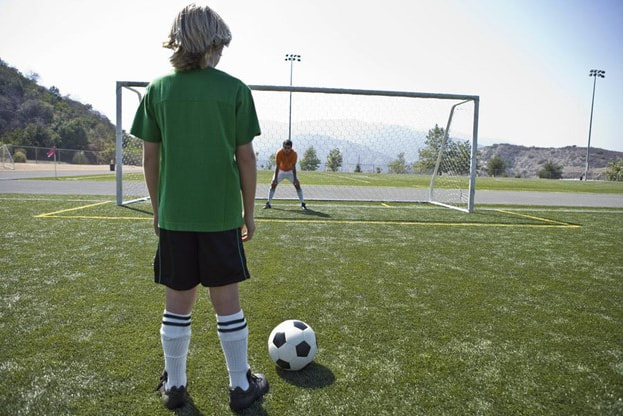|
“But I played so well at home.”
So goes the story of many pianists who don’t understand the difference between practice and performance.
But once you understand what that difference is, all you need to do is employ the right strategies to be as successful in performance as you are in practice. In my opinion, the biggest difference between practice and performance is control. There’s nothing glamorous or fancy about real practice. Imagine Leonel Messi or Roger Federer. You can bet their practice is (or has been) focusing on one single move for hours at a time until they completely master it. Think of practice as the distortion of reality by drilling a specific move until it’s “automatic.” In practice you can repeat a certain move ad nauseam. Can you imagine calling a timeout during a game to practice a move for 30 minutes before resuming? It’s like watching a DVD at home compared to watching a movie at the theater (get it?). In short, practice is structured, methodically rehearsed and habit-building. Performance, on the other hand, is another beast altogether. If you practice the right way things can randomly (frustratingly) go down the gutter. Back to this idea of control. A saying in football is that the best team is the one who manages their time the best. Think about that. Manage your time because you can’t control your outcome. For the 2015 season, there was no NBA team that scored higher than a 50% in terms of field goal percentage (shots made). That means they miss half their shots! Every NBA team! Do you think that applies to their practice? Of course not, that number’s usually 100% if not 200%. And don’t forget luck. If you look at the most pivotal moments in professional sports, sometimes it comes down to pure dumb luck. The ball literally bounced their way. So knowing what you know now, how do you practice for performance? It’s simple, really. Practice performing. Practice vs Performance Practice
So knowing what you know now, how do you practice for performance?
It’s simple, really. Practice performing. What does a team do when they want to simulate the game experience? They scrimmage. But remember that scrimmages are a very small percentage of their practice. It could be 5% or 10%. If you scrimmage too much, you will lose the valuable skills and knowledge you gained through practice. So make sure your run-throughs (performances/scrimmages) are just to evaluate where you’re at. Here’s a formula that will help: 10 practices = 1 successful scrimmage. 10 scrimmages = 1 successful performance. So that’s 100 practices and 10 scrimmages just to get 1 good performance. Now all that’s left is for you to execute. Happy practicing!
Did you enjoy reading this today?
More from Rhapsody Piano Studio…..
Your donation helps me create free content. Every dollar goes a long way! =)
0 Comments
Leave a Reply. |
Categories
All
|





